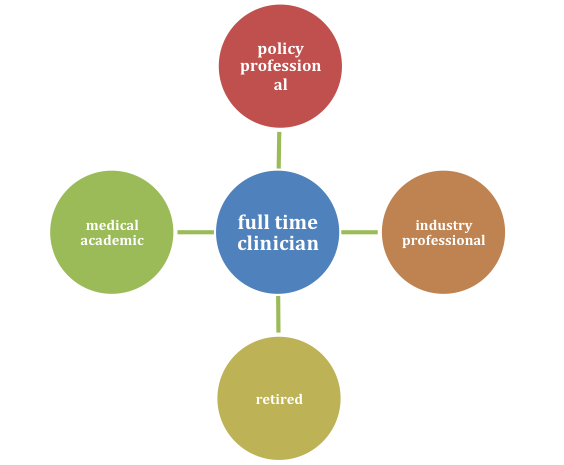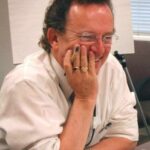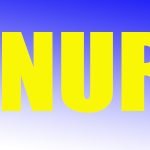When A Profession Becomes An Adjective: The Doctor As a Part of Speech
David J. Schleich, PhD
By the time our grads get halfway through paying back their student loans, they will have heard the adjective, “naturopathic” variously cherished, lamented, extolled, defended, attacked, lauded, questioned and, on occasion, actually defined. Its etymology will not have escaped their notice, nor will have its iterations. Dense like some kind of healthy bouillon cube, the word “naturopathic” as an adjective will have come at our grads from various angles. Recently, though, they will have heard reports about how it dissolved and surfaced and wandered about within the inexorable debates about legislation in Maryland, New York, Colorado, and North Dakota. They will hear the term nipping at the edges of the Affordable Care Act. They will hear it used when the topic of their positioning in the local CCO has or has not included them.
As Foucault teaches us, the “stark impossibility of thinking that,“ on the part of our adversaries and detractors, when the “that”, in our case, refers to the adjective “naturopathic,” used carelessly most often by non-naturopathic professionals in contrast to their commandeered “scientific” and “evidence-based” epistemologies, is a pretty tough call. There is allopathic thought… familiar, dominant, bearing the stamp of our time … and along comes “naturopathic,” which threatens to disturb and threaten what Foucault calls “our age-old distinction between the Same and the Other.” (Foucault, 1966, p. xvi)
For example, Foucault recounts a Chinese encyclopaedia in which animals are classified in ways which contemporary biologists could never accept:
…belonging to the Emperor, embalmed, tame, sucking pigs, sirens, fabulous, stray dogs, included in the present classification, frenzied, innumerable, drawn with a very fine camelhair brush, et cetera, just having broken the watcher pitcher, that from a long way off look like flies.
(Foucault, 1966, p. xvi)1
The adjective, “naturopathic,” added to the hot water of curiosity or controversy, legislative debate or a newspaper column, however, never loses its momentum or its various flavors, nor can it lose its charm or subversive potential. “Naturopathic” has a precise meaning for some, and very real, demonstrable content. Quackbusters such as the National Council Against Health Fraud (NCAHF), the Federation of States Medical Boards (FSMB), the Consumer Health Information Research Institute (CHIRI) or individuals such as Stephen Barrett, MD or Terry Polevoy, MD, all exhibit a common locus, which is that they cannot imagine a universe different than the one in which they find their comfort zone. Alas, it is in matters of curriculum, though, where the figment lies far from the fact, especially these days, as we confront the complex interplay between history, philosophy and the marketplace. What place does “nature-cure” have in “naturopathic” practice and regulation? What place do “SOCs” have in the same two-pronged reality of professional formation? How, indeed, do we define “naturopathic” in such a terrain? The very heteroclite nature of our word “naturopathic” [that is, deviating from common form or rules] is its great strength. What our adversaries are most worried about is that it is a defining term, that “naturopathic” medicine, in the end, will not be shown to be incongruous, and that there will indeed be a linking together of trends that heretofore were deemed inappropriate. Just sniff a bit around the opportunistic edges of so-called “integrative medicine” to catch wind of what I mean. But, we digress.
What does “Naturopathic” Mean To You?
With one eye on curriculum reform, and one eye on the plod of delivering credits on time and on budget, I asked 5 mystery NDs what the adjective, “naturopathic” meant to each of them, in his or her world right now. Let me disclose that these NDs are not all cut from the same cloth, in fact not at all. Their practice focus, their employment, their philosophy, and their cash flow are quite different. Their roles are also remarkably differentiated. Even so, each had a clear response to what “naturopathic” meant. Our ND sample pool included a health policy professional, a medical academic, an industry professional, a retired doc, and a full-time clinician. There are least common denominators among the 5, chief among which was that each had been a full time naturopathic clinician at one time or another in his or her career.
remarkably differentiated. Even so, each had a clear response to what “naturopathic” meant. Our ND sample pool included a health policy professional, a medical academic, an industry professional, a retired doc, and a full-time clinician. There are least common denominators among the 5, chief among which was that each had been a full time naturopathic clinician at one time or another in his or her career.
ND1 is our health policy guru. Right away he asked me if I had read Bodenheimer and Grumbach (2005).2 I hadn’t, but am now. He wanted to know if ND students who were in CNME-accredited courses were now getting a thorough grounding in biostatistics. “We sure as hell didn’t,” he lamented. Then he added, “And while you’re at it, get them to read Glantz (2012).”3 I hadn’t, but am now. Our ND1 taught me lots about fundamentals such as cost containment in public health, managed care, allopathic profession reimbursement and hospital payment. That he was so well-versed in such matters, not the least of which areas of expertise included the rapidly transforming U.S. health care system, how health care is organized, whether we like it or not, and medical ethics and the rationing of health care. More to the point, he asked me whether this kind of information was part of the naturopathic medical curriculum. NDs have got to know about analysis of variance and the ttest. They have got to understand contingency tables and regression. And, he declared, understanding is only part of what is essential in
their repertoires. “The biomedical literature is required reading,” he concluded. I had to remind him, though, that the reason I called was to ask him what “naturopathic” meant.
I had met our ND1 before. I know that he is the owner of a large, quite orderly countenance, betraying no turbulent emotion, really. Rather, his voice seemed confident. It was a voice unencumbered with the self-deprecation and nervousness about being a marginalized profession in the allopathically-dominated USA that I encounter more often than is comfortable for this optimist. In any case, his definition of “naturopathic”, verbatim:
Naturopathic means having an ecological definition of health and sticking to it, no matter what the allopaths kick you around with. Naturopathic means knowing your stuff, the historical, political, ethical, legal health policy stuff, right alongside diet, hydros and B12 injections. –telephone interview, February 11, 2013
ND2 is a medical academic. She is among those seasoned NDs who have seen our institutions and agencies develop and strengthen over the last 2 decades. In the last 17 years I have met more than one seasoned ND who is indifferent to controversy and shows not the slightest trace of taking on judgment that originates somewhere else or comes from a place of fear. “I chose naturopathic medicine knowing it would be a long haul,” she announced. Although she teaches full-time, she also pointed out that she does no research and has not published. “Over 140-million Americans have at least one chronic condition and I’m doing something about it,” she declared. Describing her strong links with other health care professionals as “something we totally have to do, whether we like them or not, whether they have tried to hurt us or not over the years”, building such working relationships is central to her approach to teaching and clinic supervision. When I asked her what key book or article might help me understand her point of view, she said, “Get hold of Leathard’s book on interprofessional collaboration (Leathard, 2003).4 She went on, “The really tough thing for the naturopathic profession to do, since we’ve been kept down for so long, is to escape from the tradition of that and adapt to change despite the policy onslaught going on.” (ND2, March 5, 2013). She offered this definition of the adjective, “naturopathic”:
“Naturopathic” means that our doctors will never, ever, abandon their principles, even though they are going to have do to things differently now. They will honor the ‘vis’ always. “Naturopathic” means not being fooled ever by big pharma bullies or big food profiteers. “Naturopathic” means we show our best working in multidisciplinary teams under the Affordable Care Act and do it confidently, successfully, using our modalities with patients no matter what the drug, test and operate types do. “Naturopathic” is about what patients can use and need, and keeping the patient first. The allopaths will learn what “naturopathic” means by hanging around us. –personal interview, March 5, 2013
ND3 is an industry professional who reminded me more than once that professionalism, no matter what the discipline or economic area, is “socially constructed.” Bottom line, he declared a few times and in various ways during out phone interview, “you heal naturally or you don’t.” “The verb ‘heal’ is transitive,” he announced. “And you mean by that?” I asked.
There is an object partner, the patient. The patient does it to herself, heals. With knowledge and good medicine. I sell damn good medicine, better forever than the chemicals those guys shoot into people day in and day out,” he explained. And “naturopathic,” he emphasized, is “good business because it begins with the patient, the customer, and it means you don’t forget what you learned in naturopathic school about the order in which you address a presenting condition. I’m worried about SOCs sometimes because it’s easier to go the allopathic path, but in my business we do everything we can to support the naturopathic route. It starts earlier and last longer. It’s good business, just like the drug boys, but I have a clear conscience. No side effects, the vis gets center stage and you heal. – personal interview, March 5, 2013
ND4 I spoke to in person. She is a retired clinician. She said that she has studied for a long time the correlation between health and the capacity to be very happy. Then she said, “I don’t care that they’re trying to be like us, taking our modalities and our language. They will never be ‘naturopathic’ because ‘naturopathic’ means:
We don’t make our patients into cash flow, no matter what. We have relationships which can last across generations. I have patients whose grandkids came to me before I retired. We used to deliver lots of babies. We used to make house calls. “Naturopathic” probably means family medicine like it used to be, with all our natural remedies and ways of promoting healing part of what we do every day. We never defer to all those labs and high-cost specialists to replace our confidence, intuition and insights because these come from our knowledge and our deep caring about our patients. Every one of them. –personal interview, April 22, 2013
ND5 is a full-time clinician at present. He has been practicing 9 years and in year 10 expects to generate 7 figures overall, “but I don’t get to keep all that.” His practice includes 4 other professionals. Their team spirit is fabulous. “It takes a community to raise an ND,” he shared with me when I came to visit. “But, if you’re going to make a living, you’re going to have to fight. Just like any merchant in any market. Not like the allopaths who’ve carved it all out for themselves and made it cozy and safe,” he said. I asked, “Who are you fighting? The AMA?” His response surprised me:
No, not them. They’re privileged, but they’re imprisoned in their power. No, something more disturbing. Being “naturopathic” means you are going to have to fight against the profession that you chose or somehow found your way to. Life as an ND isn’t elsewhere; it’s right here [he touched his heart and then smacked the side of his head lightly]. It’s what you believe ‘naturopathic’ to mean. I think it has to do with believing in the elegance of our bodies, in the design which God manifests in every patient I’ve got. My job is to believe in our principles and not lose touch with the broadest understanding of the community which raised me to do this work.
(personal interview, April 30, 2013)
We Are All “New in Nature”
Our five NDs have varying perspectives, as you have noted above. Becoming and staying an ND is a quest for each one of them. At its center is not luxury and privilege, but necessity. Foucault put it this way: “We are all at the nexus of many evaluative and determining discourses about who we are and what we’re doing.”1 Whether we understand the adjective “naturopathic” as defining for our values, or whether it worries us because it is not succinct for all participants, I liked most what our retired colleague said about how we are “all new in nature,” citing Emerson. She went on to explain that each new ND has to make her way and choose mentors along the way, read a lot, practice a lot and make our professional and life lessons our own. (ND4, April 22, 2013 interview). “Winnow them down before you get too old,” she told me. “Spread out the possibilities and use the adjective “naturopathic” every time and in any way which works for you,” she insisted.
Let us return for a moment to Foucault. Were I able to ask him what “naturopathic” meant, he might respond this way:
The fundamental codes of a culture – those governing its language, its schemas of perception, its exchanges, its techniques, its values, the hierarchy of its practices – establish for every man, from the very first, the empirical orders with which he will be dealing and within which he will be at home.
(Foucault, 1966, p. xxii)1
Our ND1, the health policy guru, said something else worth noting. He cautioned, “Drive your square peg through the round hole of naturopathic medical school at your peril.” (ND1, February 11, 2013 interview). He explained that by “staying whole” and “vigorous,” the ND student will not get tired, nor will the grad trying to make a living. Perhaps that is what “naturopathic” means. That same ND1 cited Thoreau, reminding us that Thoreau advised everyone to go forward in the direction of his or her dreams. “That’s a very “naturopathic” thing to do, wouldn’t you say?” our ND1 asked. “It most certainly is,” I responded, “and with such a philosophy we will be at home always.” We are as much at home with the natural history of Tournefort, Linnaeus and Buffon, or with Cuvier’s comparative anatomy, for that matter, as any allopathic traditionalist who may suggest that “naturopathic” doctors plopped into North America with no respectable intellectual roots at all. “Naturopathic” is not a facile adjective. Not on your life.
 David Schleich, PhD is president and CEO of NCNM, former president of Truestar Health, and former CEO and president of CCNM, where he served from 1996 to 2003. Other previous posts have included appointments as vice pres-ident academic of Niagara College, and administrative and teaching positions at St. Lawrence College, Swinburne University (Australia) and the University of Alberta. His academic credentials have been earned from the University of Western Ontario (BA), the University of Alberta (MA), Queen’s University (BEd) and the University of Toronto (PhD)
David Schleich, PhD is president and CEO of NCNM, former president of Truestar Health, and former CEO and president of CCNM, where he served from 1996 to 2003. Other previous posts have included appointments as vice pres-ident academic of Niagara College, and administrative and teaching positions at St. Lawrence College, Swinburne University (Australia) and the University of Alberta. His academic credentials have been earned from the University of Western Ontario (BA), the University of Alberta (MA), Queen’s University (BEd) and the University of Toronto (PhD)
References
- Foucault, M. (1966). The Order of Things. Paris: Editions Gallimard.
- Bodenheimer, T.S. and Grumbach, K. (2005). Understanding Health Policy: A Clinical Approach. 6th Toronto: McGraw-Hill (Lange).
- Glantz, S.A. (2012). Primer of Biostatistics. 7th Toronto: McGraw-Hill.
- Leathard, A. Ed. (2003). Interprofessional Collaboration: from Policy to Practice in Health and Social Care. East Sussex: Brunner-Routledge










